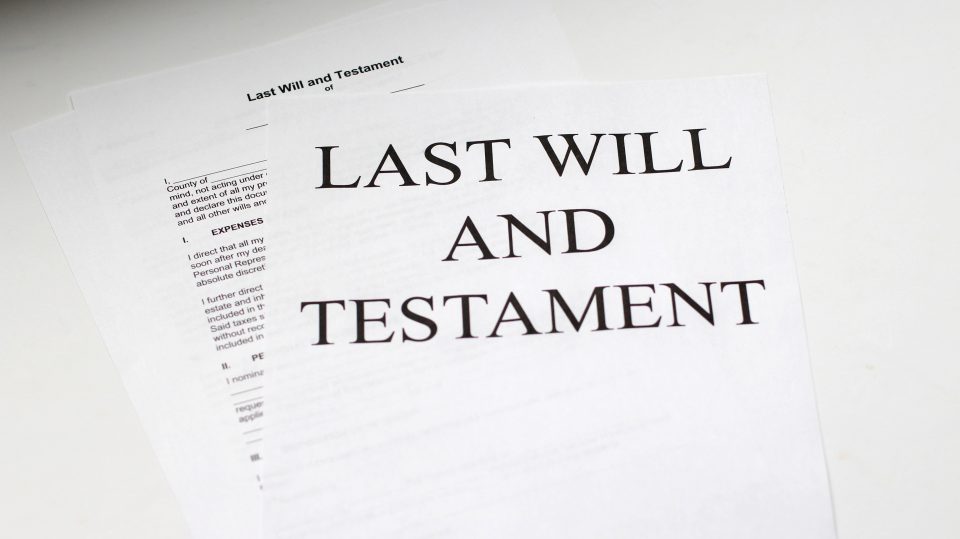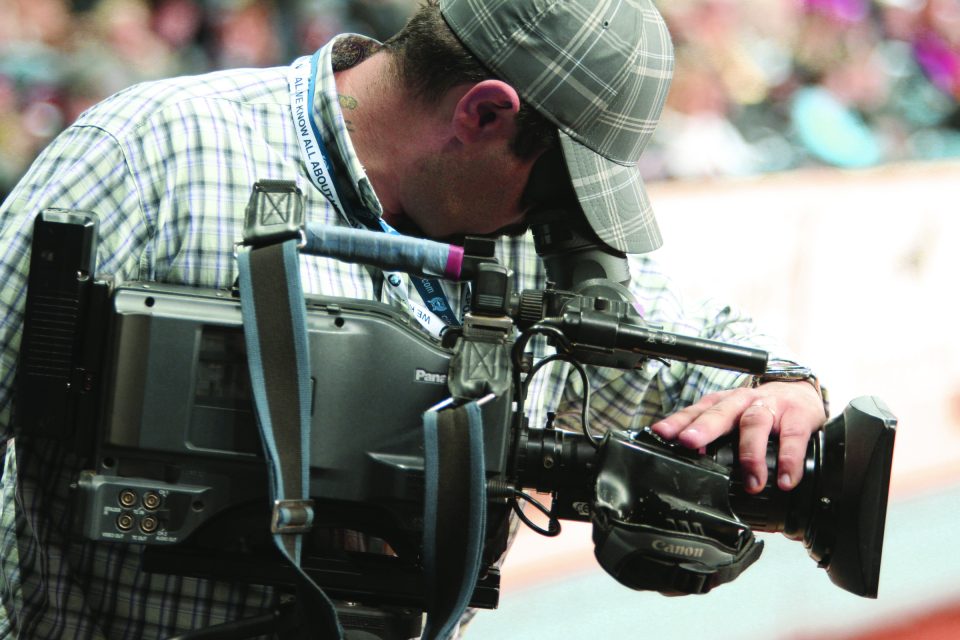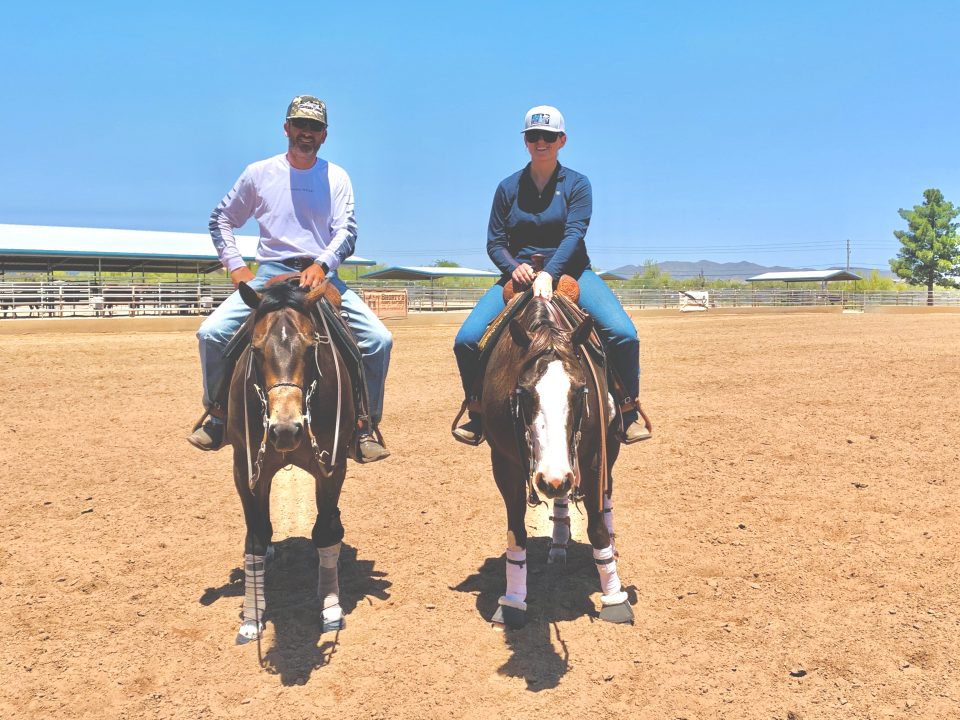It’s important to think outside the saddle to preserve your future.
By Megan Arszman

All it takes is one misstep. One spook. One buck. That’s all it takes to knock you out of commission for a month. Maybe six. Maybe a year. How will you continue to pay the bills and feed the horses when you can’t ride?
Looking farther forward, do you have a nest egg to carry you through retirement, whatever that might look like for you?
These are difficult situations to think about that have made NRHA Professionals such as Casey Hinton and Ryan Rushing realize that being a successful trainer is about more than just riding horses and competing in horse shows.
“I was living and training in Arizona when I had an accident where the horse fell down on me,” Hinton recalls. “It really made me think that if I did get hurt, if I only had one source of income from training, I couldn’t make a living if I got hurt.”
It’s a scary reality that hits many professionals, no matter the discipline. Can you continue to make a living in the horse industry if you have an accident and can’t train? What will you do when you “age out” of your profession? These are topics you must consider—even though their tough to think about.
Part 1: Investing Isn’t a Scary Word
Part 3: Think Outside the Saddle
Part 4: When to Start Investing
When to Start Investing
There’s never a bad time to invest in yourself. Hinton urges his assistants to act now, and not to wait.
“I think investing needs to start when you are an assistant,” he says. It’s like you’re in a trade school—you’re learning a trade.”
Younger trainers need to take some time to find the niche that fits them best and then build on that. Attend NRHA Judges Schools to increase your awareness of the NRHA Handbook and show procedures. While you might not be interested in becoming a judge right now, you may think about it at a later time, which can add another line of income to your bottom line.
“You need to invest in yourself, and you need to be able to find your way around negotiating and discovering how the business works,” Hinton says. “When you go on your own, you still need to invest in yourself to stay open. I think that when people go on their own and get started, they have a little bit of doubt and a little bit of insecurity. I think you can find people that can help you along the way. There are so many good trainers who are willing to give back to our industry. You must stay open-minded to be able to seek out a security in that path that is good.”
Cover your assets and grow your business with knowledge. Everyone wants to see the industry grow, so don’t be afraid to talk with fellow professionals.
Read the rest of this article at the links above.



